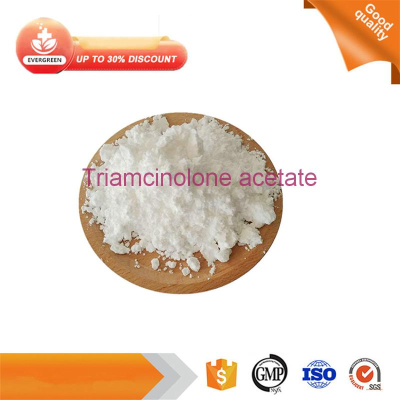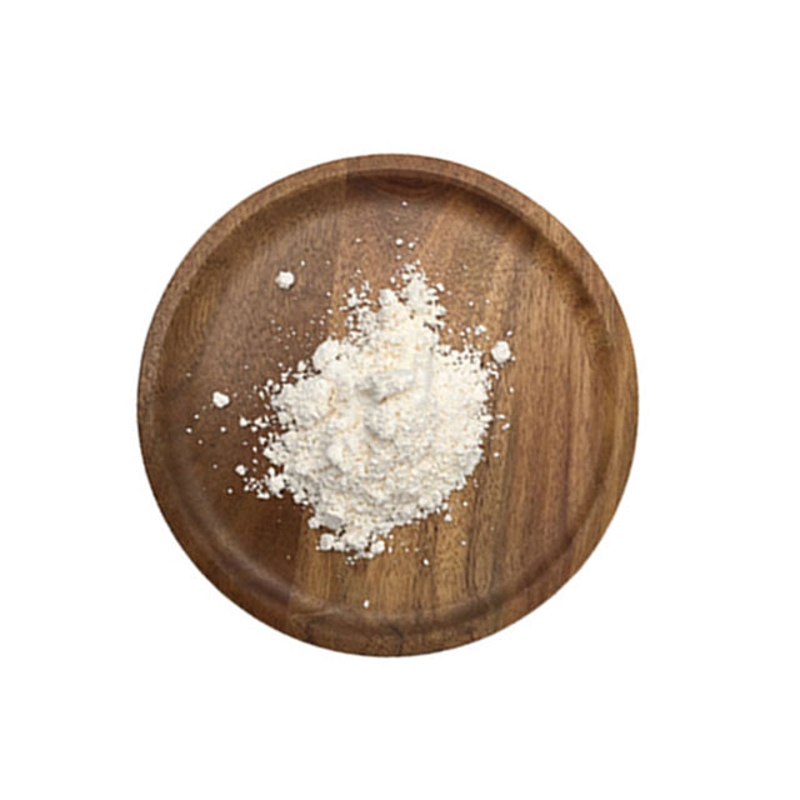-
Categories
-
Pharmaceutical Intermediates
-
Active Pharmaceutical Ingredients
-
Food Additives
- Industrial Coatings
- Agrochemicals
- Dyes and Pigments
- Surfactant
- Flavors and Fragrances
- Chemical Reagents
- Catalyst and Auxiliary
- Natural Products
- Inorganic Chemistry
-
Organic Chemistry
-
Biochemical Engineering
- Analytical Chemistry
- Cosmetic Ingredient
-
Pharmaceutical Intermediates
Promotion
ECHEMI Mall
Wholesale
Weekly Price
Exhibition
News
-
Trade Service
Islet transplantation provides good long-term blood sugar control for patients with advanced type 1 and type 2 diabetes.
, however, the availability and quality of the body islet limits the success and usefulness of the treatment.
Inducing pluripotent stem cells (iPS cells) to differentiate into insulin-producing beta-like cells is a major advance, and artificial islets derived from stem cells offer hope for the treatment of insulin-dependent diabetes, but many challenges remain.
Recently, researchers published a paper in the journal Nature about ways to generate human islet-like organs (HILOs) from induced pluripotent stem cells, and found that non-classical WNT4 signals can drive their metabolic maturation, which is necessary for large amounts of insulin secretion after in vitro glucose stimulation.
these functionally mature HILOs contain endocrine-like cell types that can quickly reconstruct glucose steady state in diabetic NOD/SCID mice after transplantation.
of transplanted islets is limited by heterogonality and autoimmune response.
noteworthy that a subset of cells in healthy islets includes a small number of beta cells that have been found to express PD-L1, a known determining factor in beta-cell immune tolerance.
, the researchers hypothesized that exogentic PD-L1 expression could protect artificial islet-like organs from immune rejection during transplantation.
Artificial islet-like organs expressing PD-L1 provided longer glucose control in human-sourced mice To study the concept, the researchers used a slow virus system to generate hiPS cell clones expressing PD-L1, which then differentiated into metabolically mature artificial islet-like organs.
expression of PD-L1 does not affect the expression of insulin.
transplanted artificial islet-like organs with and without PD-L1 expression into immune-functioning diabetic mice, blood sugar control was restored within a few days of transplantation, and the effect was similar.
However, the researchers found that artificial islet-like organs lacking PD-L1 gradually lost function, leading to increased blood sugar levels in the body, while artificial islet-like organs with PD-L1 plus maintained blood sugar levels for more than 50 days.
addition, in-body interferon-gamma stimulation can induce the expression of endogentic PD-L1, limiting T-cell active and transplant rejection.
therefore, the study reports on the production of glucose-reactive islet organs that can evade immunodeficiet testing, providing a promising new treatment for diabetes.
.







